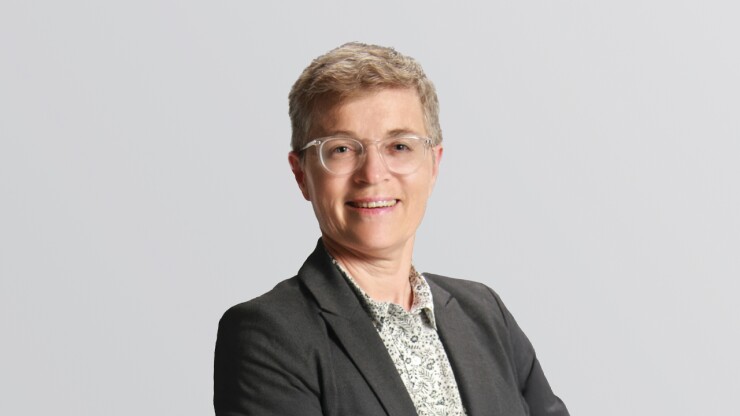Want unlimited access to top ideas and insights?

A self-confessed "unexpected banker", she spent the first two decades of her career in courtrooms and conference rooms, practicing law for both the public defender's office and the Chicago Board of Education. But in 2009, in the middle of the Great Recession, Skalicky felt the pull back to the family business. Founded by
At the time, Stearns was one of a handful of banks tapped by the FDIC to assume ownership of failing banks. Through this process she came to see the local bank as the hub of a town.
"Sometimes you have to get out of your own community to see how banking can be empowering," Skalicky said.
Between 2009 and 2012, Stearns completed 10 acquisitions, nine of them bids for failed community banks across the country.
Since then, through acquisitions and organic initiatives, Skalicky has built a wide range of diversified, highly specialized divisions for Stearns, ranging from nationwide affordable housing finance programs, cannabis-related equipment financing and loans to audiology loans and financing. The bank now has around 35,000 business customers nationwide, Stearns said. It holds around $2.5 billion in assets.
"Because we are privately held and employee-owned [...] we can do very entrepreneurial things," Skalicky said.
That drive has also meant a push into looking at the financing needs in nonprofit banking, a move which seemed like a no-brainer to Skalicky in terms of servicing communities. As did the decision to provide Sharia law-compliant finance services. Skalicky noted that the Somali-American community has long struggled to find banks that comply with their needs.
Meanwhile, cooperating with green banks has also been a means of expansion. "With the shift in the administration, the programs supported by the federal government have been completely reversed," she said. "We brought a full-time person on to advance those partnerships to a new level."
Beyond her search for market niches, Skalicky also made the move this year to
While these new areas and initiatives are settling in, Skalicky said that while she can't do it all, she wants to be there to listen.
"I like finding creative ways to meet unmet needs," she said. "That will empower those people to go on and create. Create jobs, products and services."





